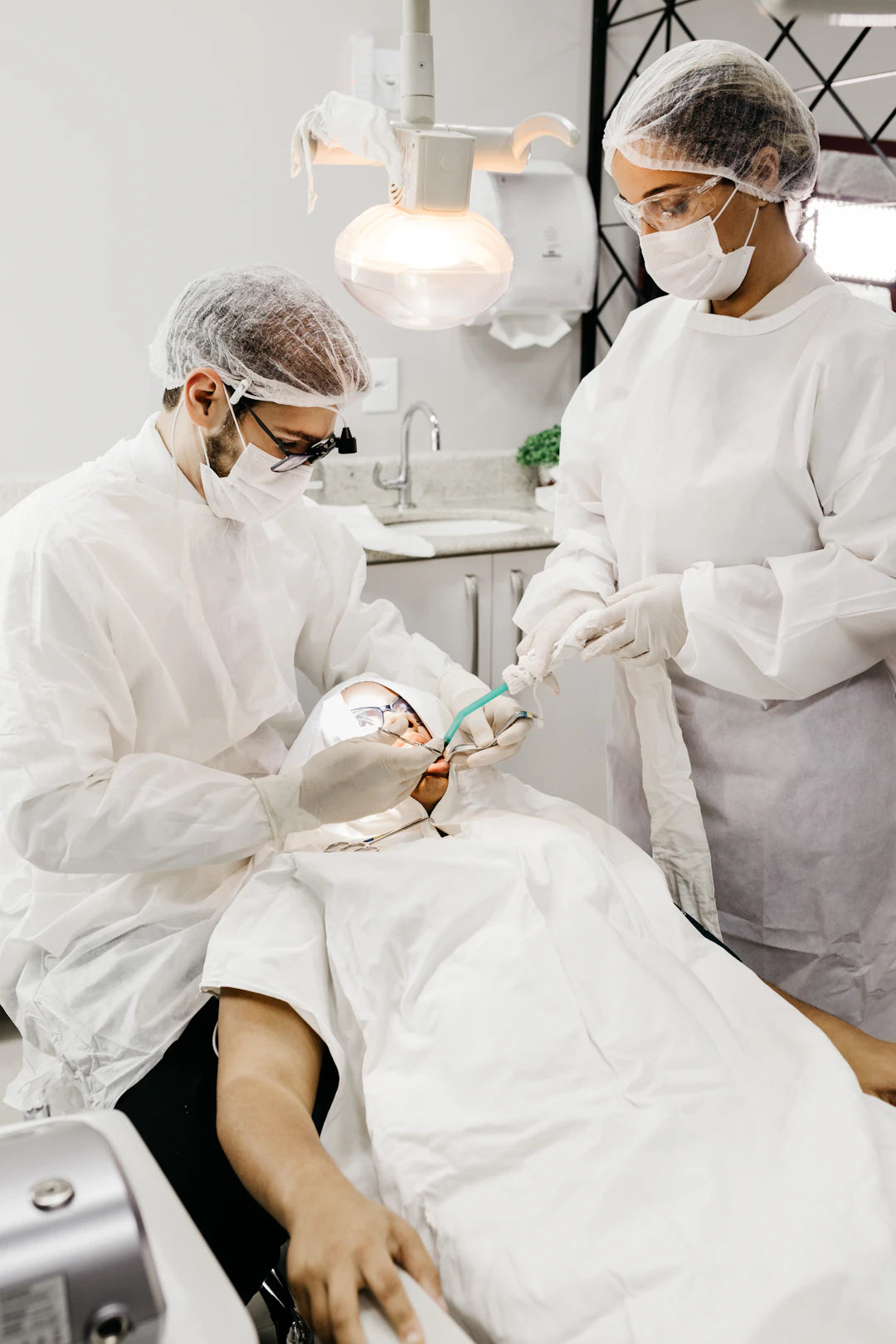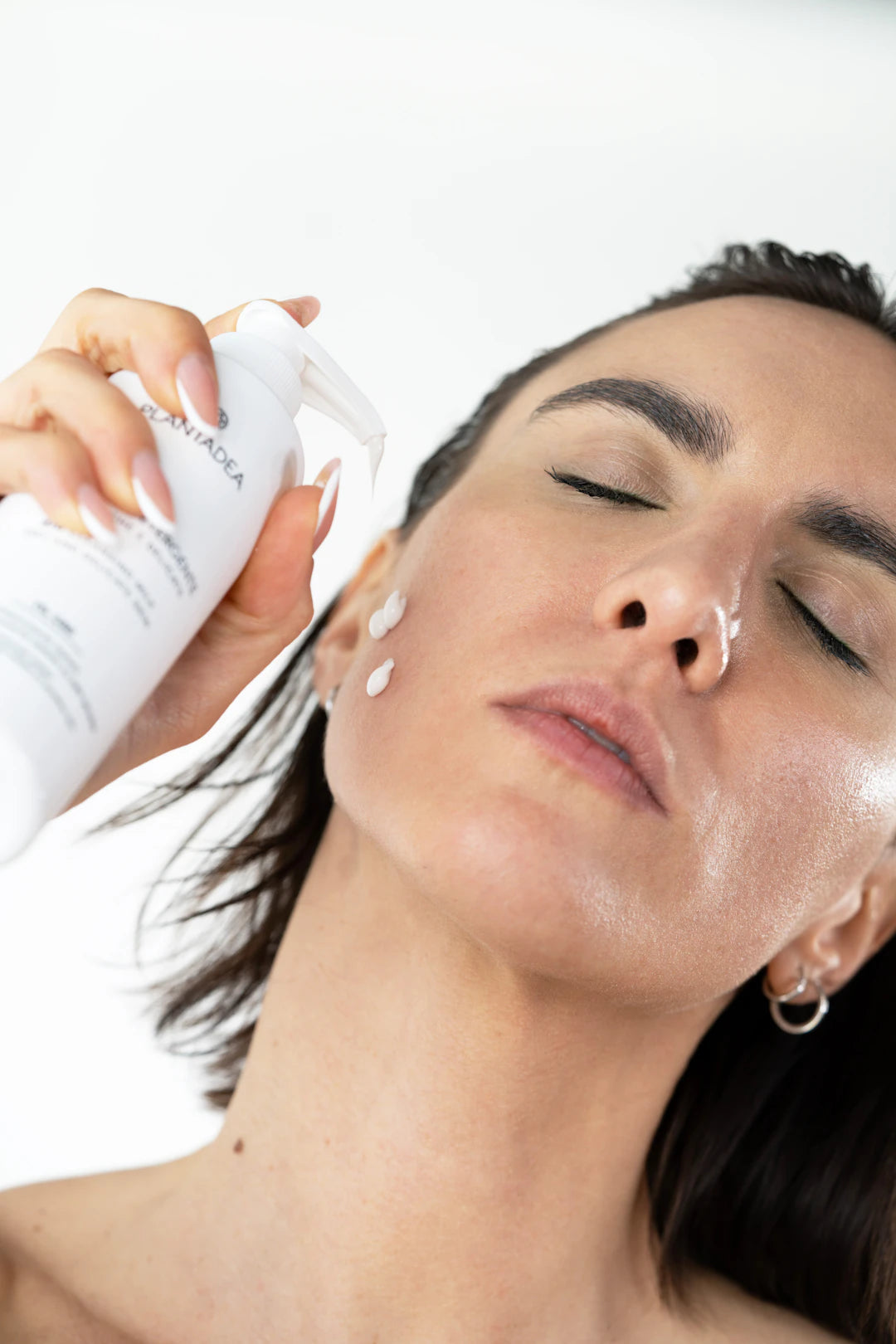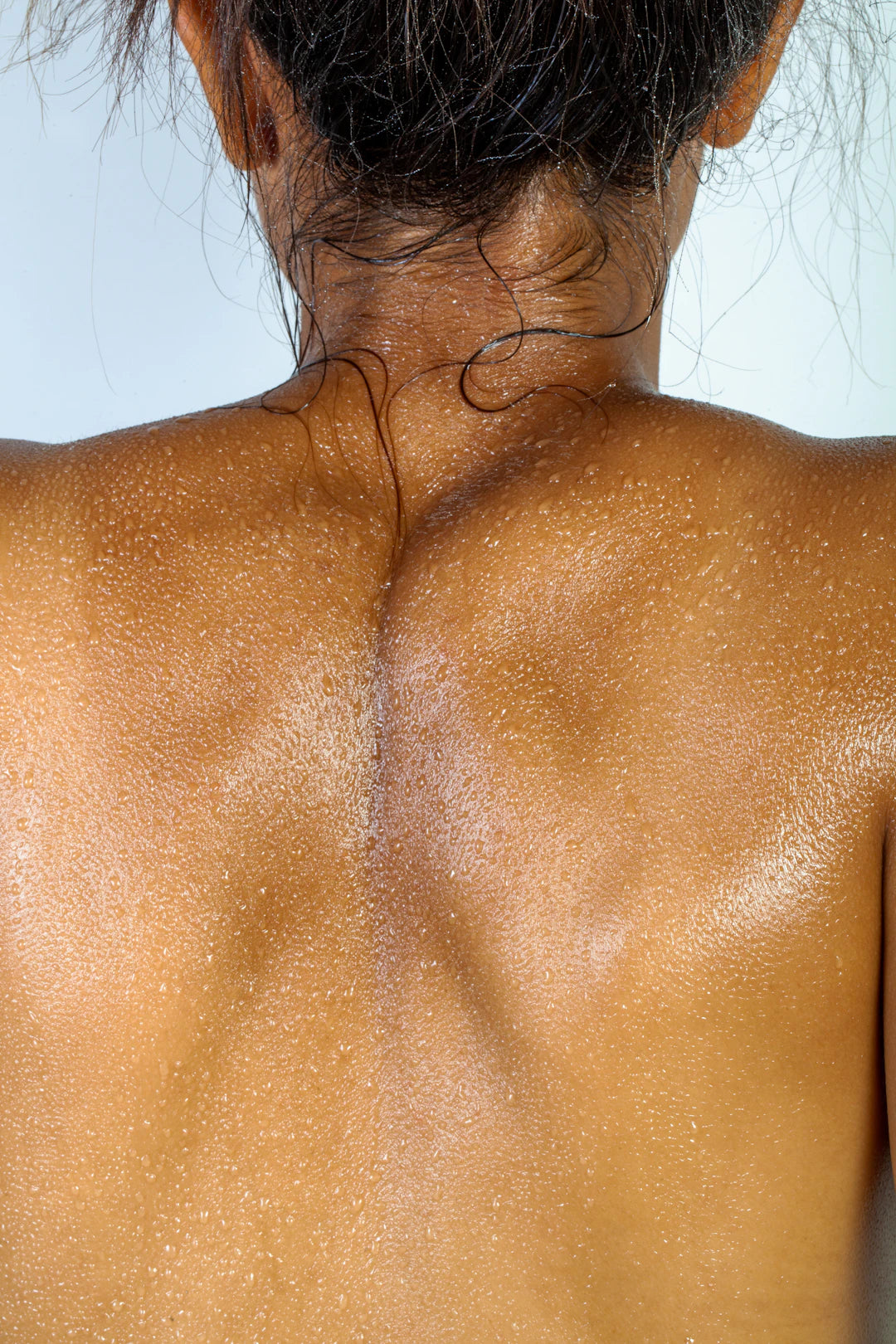Exfoliation Essentials: Boost Your Skin Care Routine

Frequently Asked Questions
1. What is exfoliation?
2. Why is exfoliation important for skin care?
3. What are the different types of exfoliation techniques?
4. How often should I exfoliate?
5. What are some tips for effective exfoliation?
Exfoliation is one of the cornerstones of an effective skin care routine. This vital practice not only enhances skin texture but also plays an essential role in keeping your skin healthy and glowing. In this article, we’ll dive deep into the benefits of exfoliation and explore various techniques to integrate into your skin care regimen. Get ready to unlock the secrets of a radiant complexion!
Understanding Exfoliation
Before we delve into the specifics, let's clarify what exfoliation is. Simply put, exfoliation is the process of removing dead skin cells from the surface of your skin. This can be achieved through mechanical means, like scrubs, or by using chemical agents. Regular exfoliation stimulates cell renewal and can transform the way your skin looks and feels.
Why Exfoliation is Essential
Exfoliation is an indispensable part of a successful skin care routine for several reasons:
- Removes Dead Skin Cells: The most apparent benefit is that exfoliation effectively sloughs off dead skin, revealing fresh, vibrant skin underneath.
- Enhances Absorption: Removing the outer layer of dead skin allows beauty oils and other skin care products to penetrate deeper and work more effectively.
- Unclogs Pores: Regular exfoliation helps prevent clogged pores, which can lead to breakouts and blemishes.
- Improves Skin Texture: Sloughing off those dead skin cells can result in smoother, softer skin, enhancing your overall appearance.
- Even Skin Tone: Exfoliating regularly can help brighten the skin and fade dark spots, leading to a more even skin tone.
- Boosts Radiance: The result of exfoliation often leads to a natural glow, making your skin appear more youthful.
Types of Exfoliation Techniques
Various techniques can be employed for exfoliation, each suitable for different skin types and concerns. Let’s explore the most common methods:
Physical Exfoliation
This involves using a scrub or tool to physically remove dead skin cells. Examples include:
- Scrubs: These typically contain small granules that help scrub away dead cells. Look for products with natural ingredients to avoid irritation.
- Exfoliating Brushes: Tools like facial brushes or sponges can help to gently sweep away dead skin, and they can be especially effective when used in conjunction with a cleanser.
- Microdermabrasion: A salon or dermatologist service that uses a machine to exfoliate the skin at a deeper level.
Chemical Exfoliation
Chemical exfoliants utilize acids or enzymes to dissolve dead skin cells. They can be less abrasive compared to physical scrubs and are often better for sensitive skin.
- AHAs (Alpha Hydroxy Acids): These water-soluble acids are derived from fruits and are ideal for dry skin. They help to improve skin texture and hydration.
- BHAs (Beta Hydroxy Acids): Oil-soluble acids that penetrate deeper into the pores, making them perfect for oily and acne-prone skin types.
- Enzymatic Exfoliants: Derived from fruits, these gentle exfoliants break down proteins in dead skin cells, making them less irritating for sensitive skin.
When to Exfoliate
Finding the right frequency for exfoliation can be crucial to achieving desired results while avoiding irritation. Here are some guidelines to consider:
- Dry Skin: If you have dry or sensitive skin, exfoliating 1-2 times a week is generally advisable.
- Oily Skin: Those with oily or acne-prone skin may exfoliate 2-3 times per week to help manage oil production.
- Combination Skin: Tailor your exfoliation routine based on the specific areas of your face. Perhaps focusing on oily zones more frequently while keeping sensitive areas to 1-2 times a week.
Tips for Exfoliating Effectively
The key to successful exfoliation is doing it correctly. Follow these tips to maximize your results:
- Patch Test: Always conduct a patch test when trying a new exfoliant to prevent adverse reactions, especially if you have sensitive skin.
- Gentle Pressure: Whether using a scrub or brush, apply gentle pressure. Over-exfoliating can damage your skin and lead to irritation.
- Follow with Moisturizer: Post-exfoliation, the skin may be more sensitive, so it's vital to hydrate with an ultra-nourishing beauty oil or moisturizer.
- Sunscreen is a Must: Exfoliation can increase sun sensitivity, so wearing sunscreen daily is essential for protecting your newly revealed skin.
Exfoliation Myths Debunked
There are many misconceptions surrounding exfoliation. Let’s clarify a few:
- Myth: More is Better: Over-exfoliating can cause redness, irritation, and compromise the skin barrier. Quality over quantity is key.
- Myth: All Skin Types Should Exfoliate the Same: Each skin type has unique needs. Find a routine tailored to your specific skin type for the best results.
- Myth: You Only Need to Exfoliate Your Face: The body needs exfoliation too! Incorporate body scrubs or exfoliating gloves into your routine for overall skin health.
An Exfoliating Routine to Try
If you're new to exfoliation or looking to refresh your approach, consider this simple yet effective skin care routine:
- Cleanser: Start with a gentle cleanser suited for your skin type.
- Exfoliation: Choose a physical or chemical exfoliant based on your preference and follow it up with a thorough rinse.
- Toner: Use a hydrating toner to replenish moisture.
- Beauty Oil: Apply a few drops of a nourishing beauty oil to lock in hydration and promote skin elasticity.
- Moisturizer: Finish with a lightweight but hydrating moisturizer to seal everything in.
Final Glow-Up Tips
To elevate your skin care practice, here are some professional tips to ensure your exfoliation efforts yield glowing results:
- Incorporate Weekly Masks: Use hydrating or calming masks after exfoliation to maintain moisture levels.
- Stay Hydrated: Remember that skin care starts from within. Drinking plenty of water aids skin health and enhances the effects of external treatments.
- Consult a Professional: For skin concerns such as severe acne or sensitivity, consider consulting with a dermatologist to create a skin care routine tailored to your unique needs.
Embracing a consistent exfoliation practice can unlock the door to radiant, healthy skin. Whether you opt for chemical or physical methods, the journey to a clear complexion starts with understanding and respecting your skin's needs. So why wait? Take your skin care routine to the next level by incorporating these essential exfoliation techniques today!


